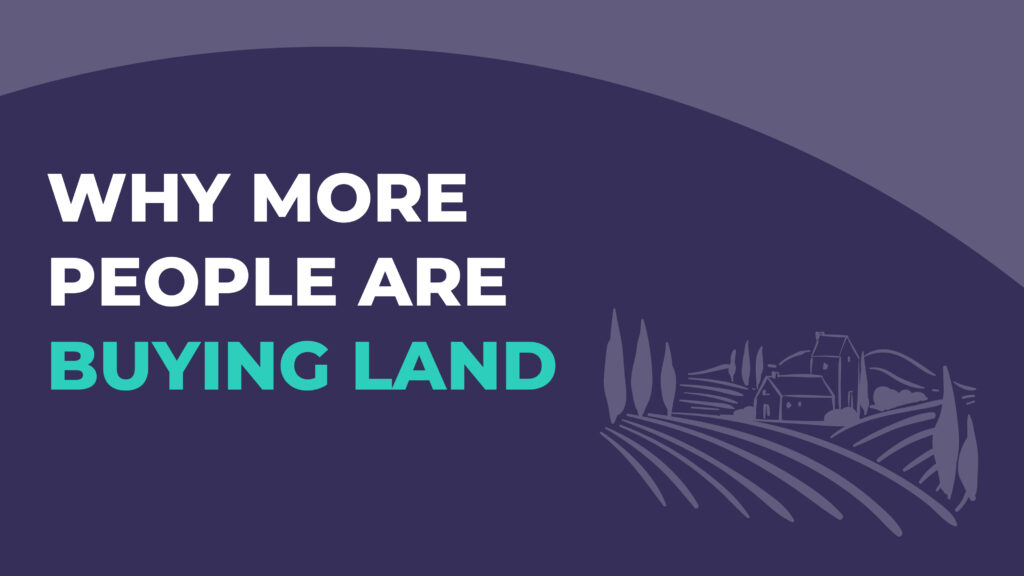In recent years, there’s been a noticeable shift in the UK property market, and 2025 has marked a tipping point: more people than ever are turning their attention from bricks and mortar to something more elemental — land. Whether for investment, self-build projects, or ecological purposes, buying land in the UK is experiencing a quiet boom. But what’s behind this growing trend?
Rising House Prices and the Self-Build Movement
With house prices continuing to climb across much of the UK, many prospective homeowners have found themselves priced out of the traditional property ladder. As a result, the self-build movement has gained serious momentum. Buying a plot of land and designing a custom home has become an increasingly attractive — and often more affordable — alternative.
Planning policy changes and government-backed schemes like the Right to Build register have made the process smoother, allowing individuals to take more control over where and how they live.
The Holiday Let Boom
Another key factor behind the rise in land purchases is the booming holiday let market. With the continued popularity of staycations and the appeal of unique, rural getaways, more people are buying land to develop short-term rental properties such as cabins, glamping sites, or bespoke lodges.
Areas of natural beauty or close to national parks have become especially sought-after. For many, it’s a chance to generate a steady income stream while owning a tangible asset that can also be enjoyed personally. In 2025, land with tourism potential is seen as both a lifestyle choice and a smart business move.
Agricultural and Eco-Conscious Investments
Land isn’t just being snapped up for housing. Investors and environmentally-minded buyers are increasingly purchasing land for rewilding, sustainable farming, and carbon offsetting projects. With growing concern about climate change and biodiversity loss, owning land offers a tangible way to contribute to environmental restoration while also securing a long-term asset.
In Scotland, in particular, community and private rewilding initiatives have taken root, transforming degraded land into thriving ecosystems — and drawing buyers with a conscience.
Strategic Long-Term Investment
With the volatility of traditional investment markets, land is seen as a relatively stable, appreciating asset. Strategic land buying — purchasing land near growing towns or cities in hopes of future development approval — is attracting investors seeking long-term gains.
While not without risk, such purchases can yield significant returns if local councils earmark the area for expansion or infrastructure projects.
Planning Reform and Local Development Pressure
The UK government’s ongoing planning reforms, combined with local councils under pressure to meet housing targets, have made certain types of land more appealing. Infill plots, brownfield sites, and areas on the edge of settlements are being re-evaluated for development potential.
Some savvy buyers are purchasing land now in anticipation of future planning permission — potentially transforming low-cost plots into high-value assets.
Buying land in the UK has traditionally been the preserve of developers, farmers, and the ultra-wealthy. But in 2025, this is clearly changing. Whether driven by the dream of a bespoke home, the desire for space, or a push toward sustainability, more people are seeing land not just as dirt and grass — but as freedom, opportunity, and a wise investment in uncertain times.
As always, those considering buying land should do their due diligence. Title checks, access rights, planning history, and environmental factors all play a part. But for those willing to put in the legwork, land may just be the most rewarding property asset of the decade.

